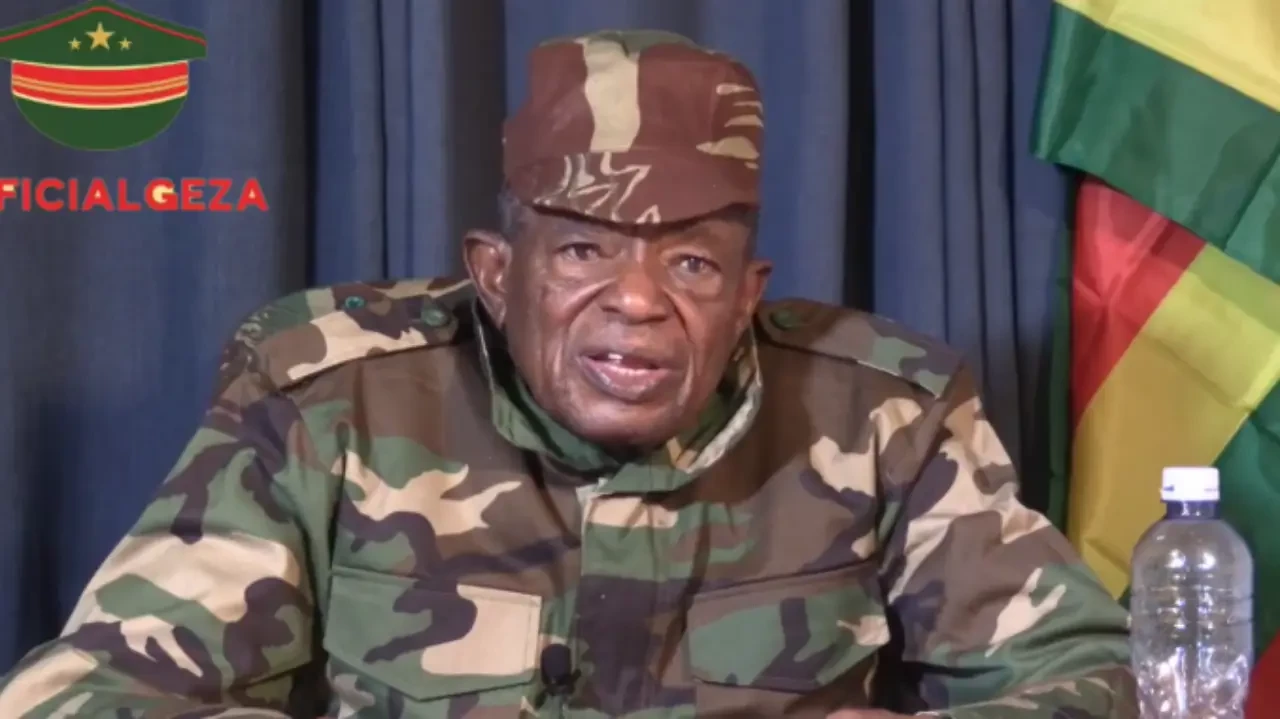
I blame local publishers for letting down Zimbabwean readers. They have killed our literature.
Book Worm by Tinashe Mushakavanhu
Their mantra is that you either write for the syllabus or you perish. In other words, our writers have to produce acceptable literature, literature that does not offend and literature that is politically correct.
Sometimes, I wonder if we are still the nation that produced Musaemura Zimunya, Solomon Mutsvairo, Dambudzo Marechera, Yvonne Vera, Ndabezinhle Sigogo, and Patrick Chakaipa among others.
The local publishers use the flimsy excuse that they do not have the funds and a suitable economic environment in which to publish. However, true to some extent, this has also led to the proliferation of donor-themed fiction being produced.
In fact, most of the books published in recent years are part of five-year donor programmes, whether fiction or non-fiction. And what I find even scarier is for a country to be so dependent on a Culture Fund (of Zimbabwe), a body that is bankrolled by foreigners. This is a matter I will dissect another day. Let’s not forget, he who pays the piper calls the tune.
Where are the new writers? Sadly, there is now a culture in Zimbabwe to anthologise its authors; what we know of them is fragmentary, what we see of their potential genius are just but glimpses. Some appear in one or two anthologies and never to be heard from again. But even if one is good enough, local publishers are not interested in individual works unless one is Shimmer Chinodya or John Eppel.
So is it, therefore, possible to define a writer’s style or vision on the basis of two or three stories in different anthologies? The tragedy of the situation is this: instead of developing and nurturing talent, Zimbabwean publishers have been killing it. It is evidently clear that what has been emphasised on is theme (message) over form (technique or craft).
- Chamisa under fire over US$120K donation
- Mavhunga puts DeMbare into Chibuku quarterfinals
- Pension funds bet on Cabora Bassa oilfields
- Councils defy govt fire tender directive
Keep Reading
To some extent Zimbabwean writers have been unwittingly politicised because most of these anthologies are thematised, thus limiting the narrative scope. Perhaps, this may also account for the reason why most of these short story collections contain almost journalistic narratives.
Could it also be that these anthologies are audience targeted? Could it be that the message is meant to project the interior of a troubled country for an outside readership? Zimbabwe no doubt is a country of message writers because most of the writings derive their strength from the force of the message to the extent that the message becomes the story.
What is also apparently lacking in Zimbabwe is a viable literary magazine culture. Countries where the literary magazine has flourished such as Kenya, Nigeria, South Africa, Uganda have been dominant on the literary map of Africa. Useful? Literary magazines are essential. A good literary magazine testifies to the literary activity of a place. It is the memory of a particular period and the laboratory of new ideas. It represents a fairer and more balanced means of judging the richness of a national literature.
The sad reality is that publishers in Zimbabwe have usurped that role and functionality that literary magazines are expected to play. They will probably argue that they are filling this gap through their primary publication of short story anthologies by multiple authors. There is a danger that they are also stifling the local literary scene by institutionalising short fiction and making it an official, almost propagandistic model.
Perhaps the uniformity of reportage in most stories is a function of the limited publication opportunities in the country; the stories become an identity not so much of the writers but of the one or two publishers selecting the stories that tell the story of Zimbabwe’s lost decade. However, the full Zimbabwean story, in its complexity, has not yet been told. There is a danger for our publishers to push for a uniform literature.
Interestingly, I find, Zimbabwean literature as a literature of two halves: black and white. And there is a serious disconnect between these two traditions. Black writers write about the black experience. White writers write about the white experience. But can it ever be one?
Here is also the paradox. The voice of Zimbabwean white writers remains minimally represented within the body of critical discourse of Zimbabwean literature in English. White writers are absent or minimally discussed in the critical works of George Kahari, Musaemura Zimunya, Flora Veit-Wild, Rino Zhuwarara among others.
Their absence is too obvious to notice. I have been struck that over the last decade most of the influential books about Zimbabwe are written by white Zimbabweans or European visitors. Yet, there are plenty of writers in Zimbabwe, and plenty of good ones too, but it still feels as though it is the white writers who have access to the international publishing scene or attract the empathy of the global media.
As a result our reading habit has been stolen and changed. We are no longer producing great literature but political tracts. This is distressing because there is a certain power and a certain readership and a certain commercial currency that feeds on politics. Yet, there is so much literature that needs to be brought forward, and the danger now is that it’s getting even less exposure.
I think certain Zimbabwean writing is overrated, massively overrated, and I really hate to read it. For me, just getting out of Zimbabwe for a little while has made me much more conscious of where our literary culture is lacking. Zimbabwean literature is sick and we need to save it.










